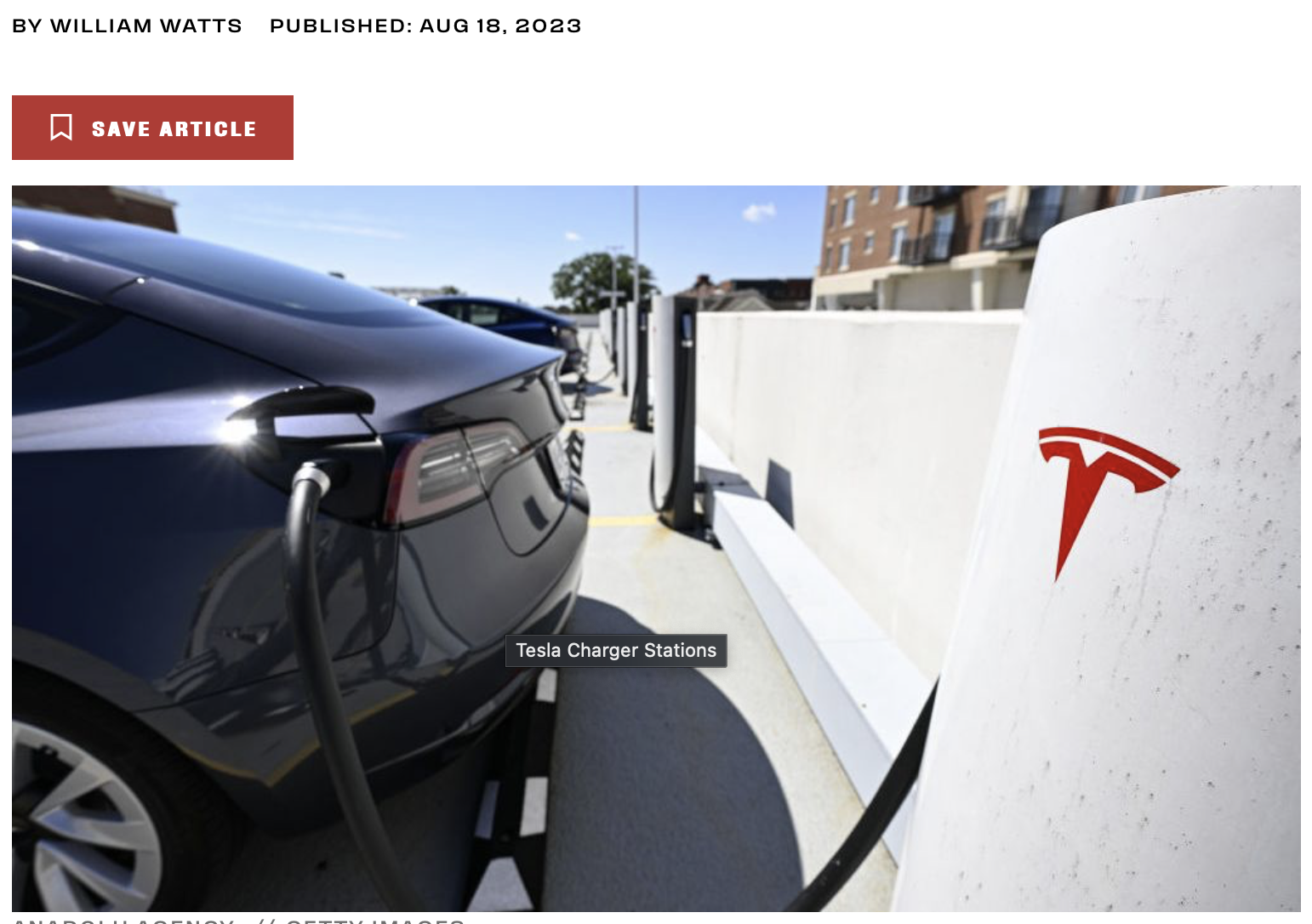I recently wrote an article for Road & Track diving into the data we have so far on EV battery longevity, the factors impacting battery degradation, and how drivers can, with small behavioral changes, get the most life out of their batteries. A section on how charging habits can affect battery longevity is below.
“A third way owners can preserve their EV batteries is to limit the speed at which they regularly charge. Very high-speed fast charging may be convenient but can cause a phenomenon called ion plating on the anode. That’s bad: lithium ions are supposed to migrate into the anode's graphite layers, not accumulate on the anode’s surface. Plating seriously degrades battery performance over time. Fortunately, for most owners, fast charging is rarely necessary and can be reserved for road trips, and the occasional fast-charging top-up is not going to measurably damage your battery. On the other hand, if public fast chargers are your primary charging option, because you live in a city or otherwise lack access to home charging, consider whether you really need the fastest 350 kW chargers for your weekly charge or have the time to opt instead for slower, and less damaging, chargers in the 25 to 70 kW range. Some years ago, Tesla taxi fleets in Amsterdam were rapidly degrading their batteries through daily use of 120-kW Superchargers. Tesla later provided taxi fleets with private 60-kW Superchargers and has since installed 72-kW “urban” superchargers in dense cities around the world where owners may rely on them as their primary source of energy.”
